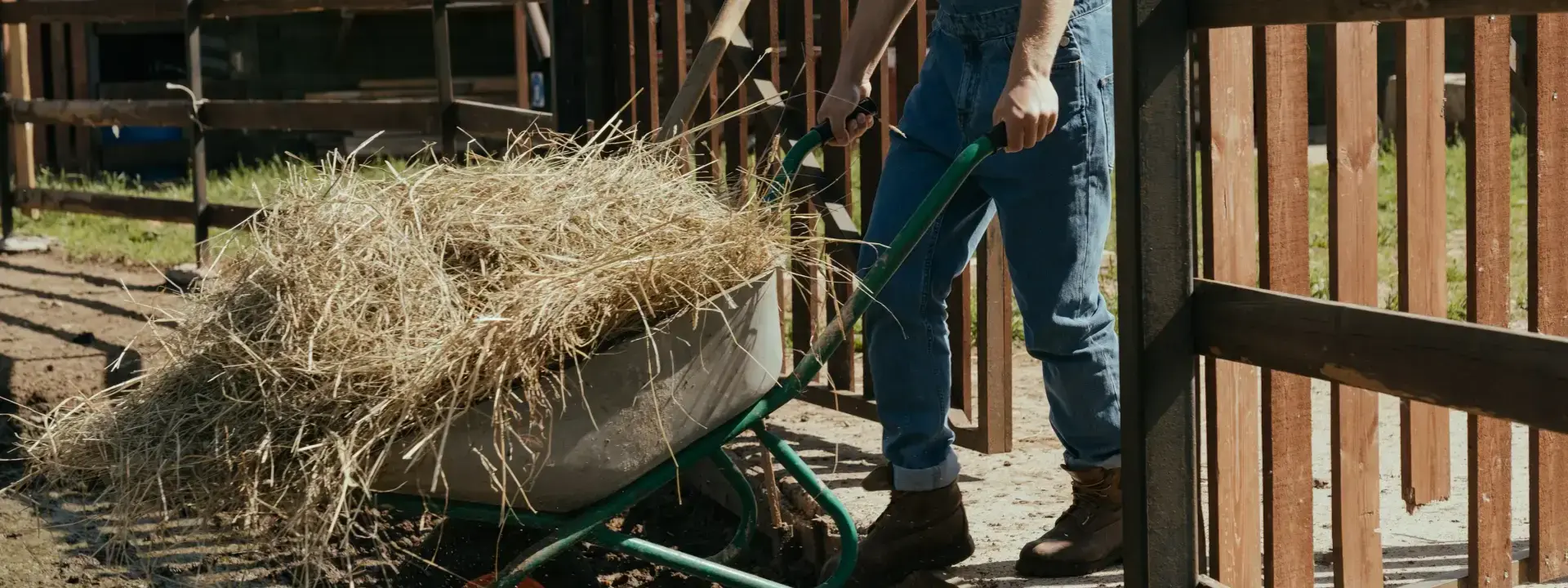
Farmer Job Description
What is a Farmer Professional?
A farmer is a person who engages in agriculture, raising living organisms for food or raw materials. Farmers grow crops and rear livestock. They often do so as part of an agricultural system that includes production inputs, like seeds, tools and fertilizer, and outputs, like food and animal products. In developed countries, farmers typically specialize in either crop production or livestock husbandry. They may also do both. In some cases, they may also grow crops for fuel. In recent years, there has been a trend toward large-scale, industrialized farming, known as factory farming. The job of a farmer has changed a great deal over the years. In the past, farmers were more likely to be involved in all aspects of food production, from planting and harvesting to processing and marketing. Today, many farmers specialize in just one or two aspects of production. For example, some farmers specialize in raising livestock, while others focus on growing crops. In addition to producing food, farmers also play an important role in stewardship of the land.
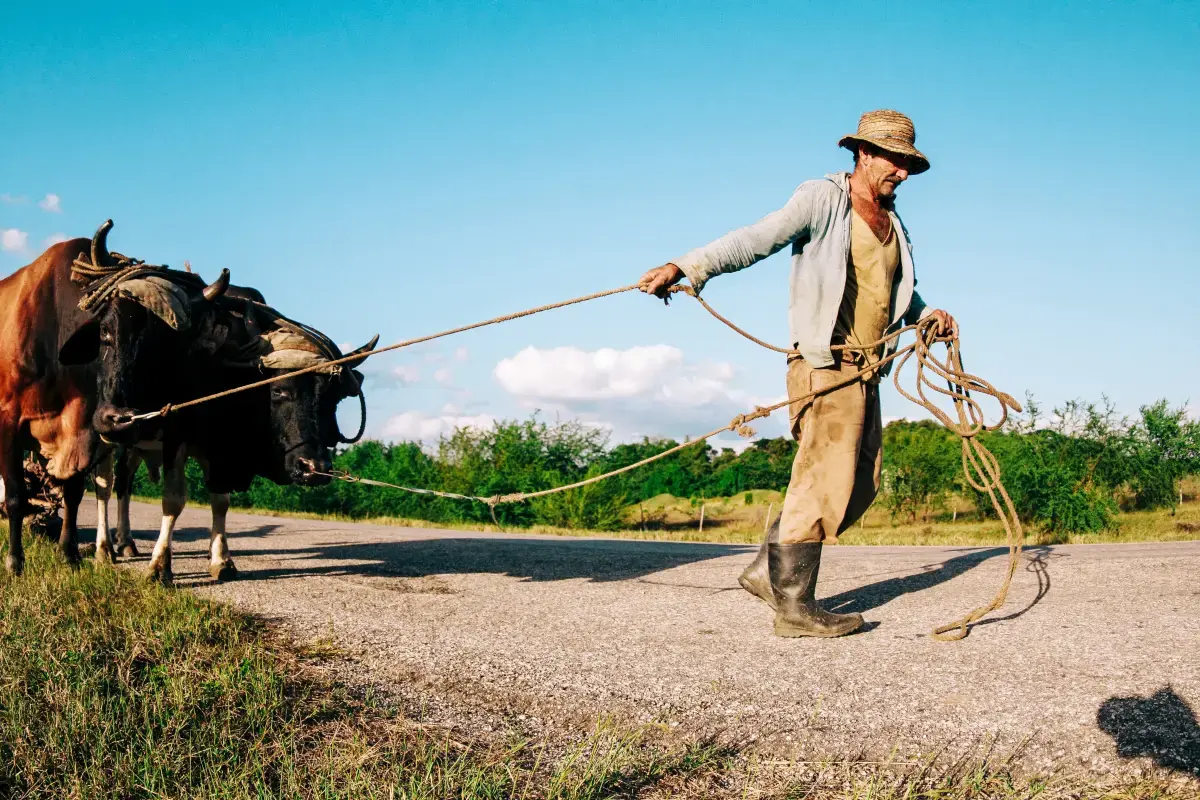
What does a Farmer Expert do?
They are responsible for the care and management of the resources they use, including the soil, water, and air. Farmers must also control pests and diseases, which can damage crops and livestock. The job of a farmer is both physically and mentally demanding. Farmers work long hours, and they must be able to endure difficult conditions, such as hot weather, cold weather, and sometimes hazardous materials. They also need to be able to make decisions quickly and effectively. Farmers are typically compensated for their work through a combination of wages and the sale of their products. In some cases, farmers may also receive government subsidies.
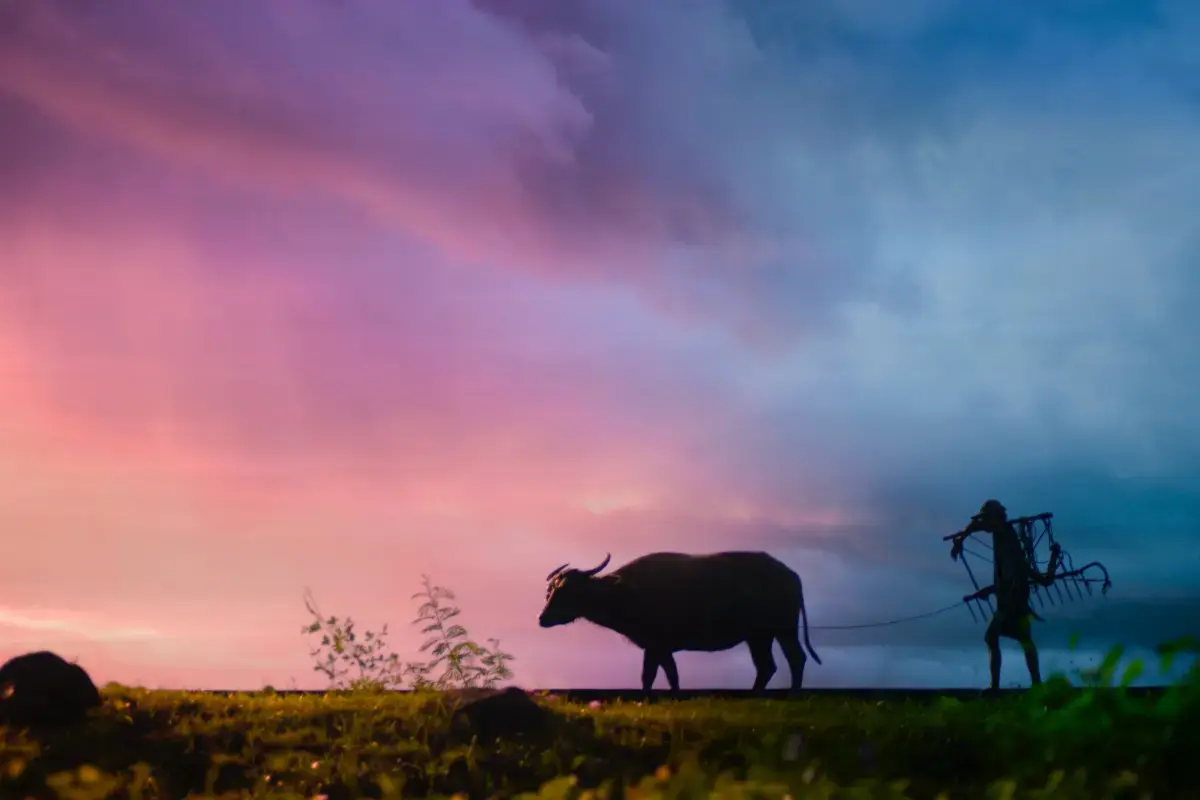
What are the Skills of a Farmer?
A farmer needs a wide range of skills and experience to be successful. Below is a list of some of the most important skills and experience a farmer needs: Agricultural knowledge: A farmer needs to have a good understanding of agriculture and the different farming practices. They need to know how to grow crops and rear animals effectively. Business skills: A farmer needs to have good business skills to be able to run their farm successfully. They need to be able to market their products, manage finances and staff effectively.
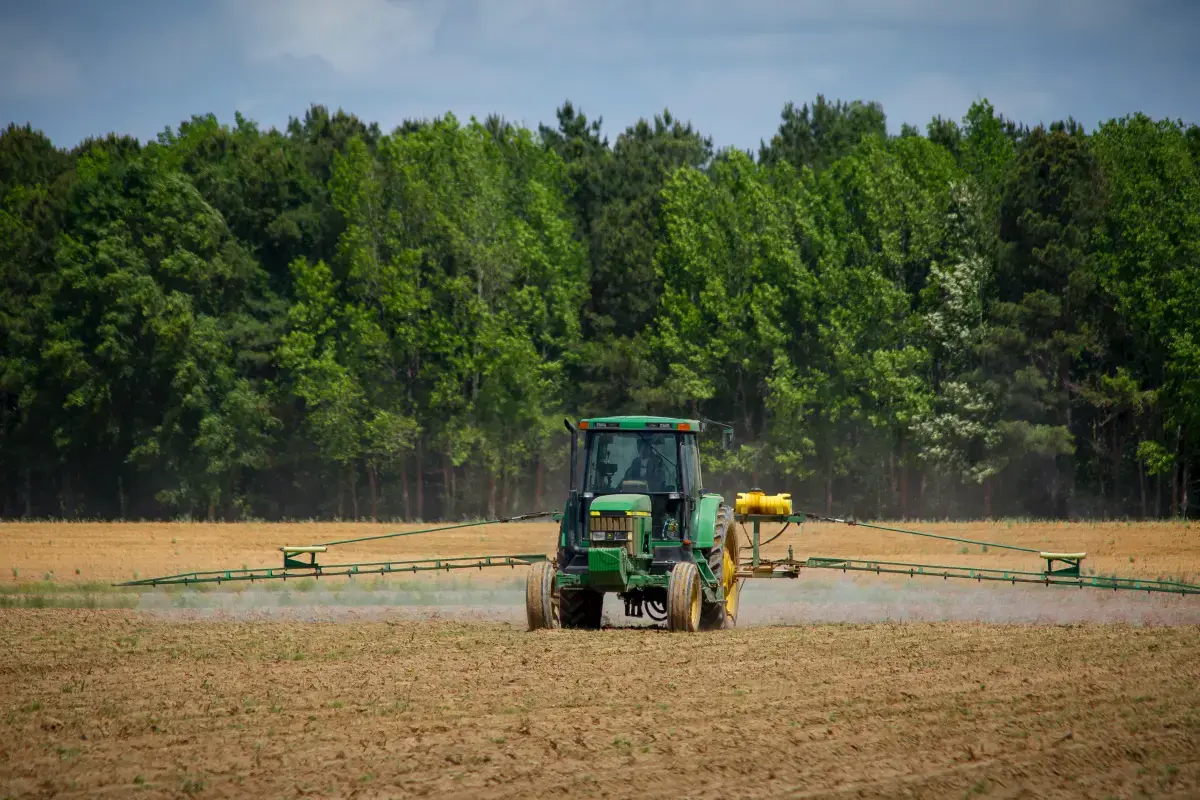
What makes an Expert Farmer?
Communication skills: A farmer needs to have good communication skills to be able to communicate with their staff, customers and other farmers effectively. Problem-solving skills: A farmer needs to have good problem-solving skills to be able to solve problems that may arise on the farm. Physical fitness: A farmer needs to be physically fit as they will be carrying out manual labour on a daily basis. Experience: Experience is very important for a farmer as it allows them to learn from mistakes and become more efficient in their work.
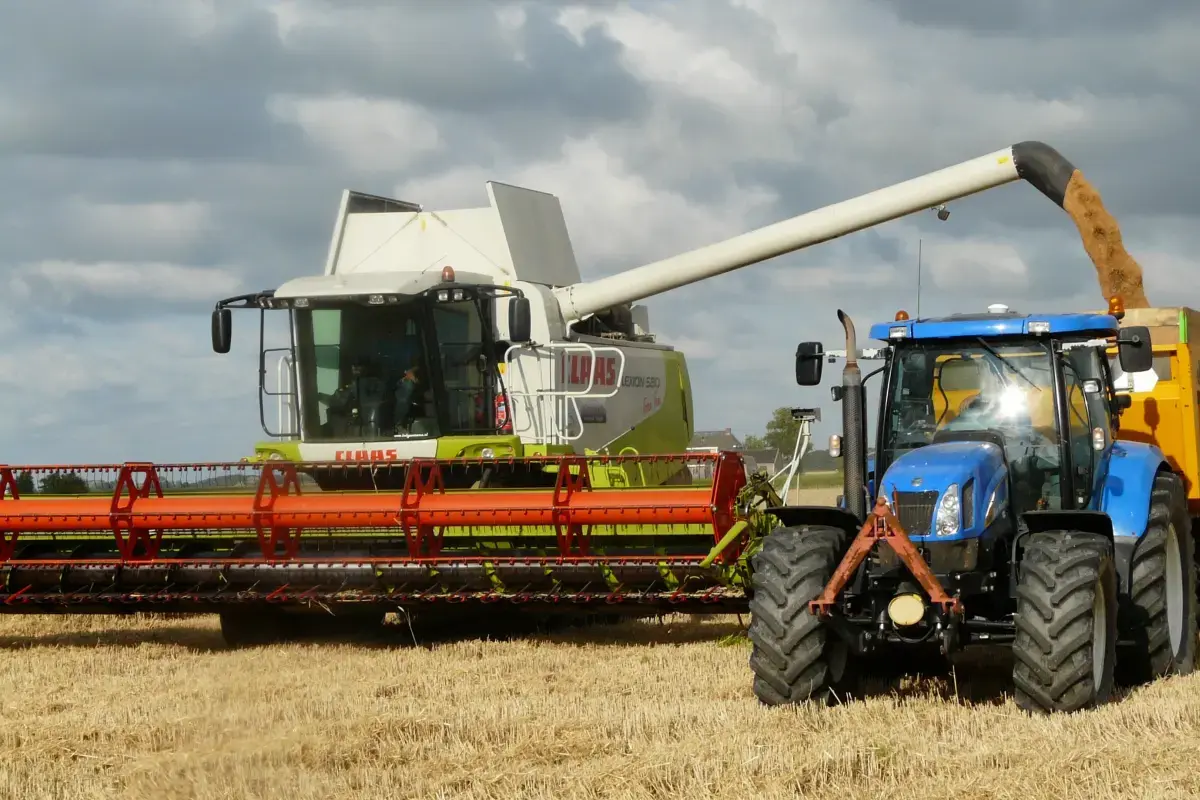
What level of Experience & Qualifications are required to be a Farmer?
Industry Experience: 1. Extensive hands-on experience in farming operations such as planting and harvesting, livestock management, equipment maintenance, crop protection and soil health. 2. Knowledge of record keeping systems to track production and expenses. 3. Familiarity with farm marketing practices such as direct sales or wholesaling produce/products through intermediaries or retailers. 4. Demonstrated business acumen when making decisions regarding financials and staffing issues associated with the farm operation(s). Training: 1. Agribusiness training on all aspects of managing a successful agro-enterprise including budgeting, resource allocation, risk analysis etc.. 2 .Organic certification workshops offered by various organizations to gain certification for certified organic products . 3 .Specialized trainings on sustainable farming methods related to conservation tillage ,soil fertility management , integrated pest management etc.. Qualifications: 1) A bachelor’s degree or equivalent qualification in agriculture 2) Certified Professional Agrologist (CPAg) designation from the Canadian Society of Professional Agriculturists 3) Proven success in leading an agricultural enterprise 4 )Knowledgeable about markets trends 5 )Achievement oriented 6 )Demonstrate strong organizational skills 7 )Possess excellent communication skills 8 )Competent at problem solving 9 ).Resourceful 10 ).Proficient in computer programs used for record keeping & accounting 11).Familiar with current best practice regulations pertaining to food safety & animal husbandry 12).Understand local land use regulations 13).Ability to work around tight deadlines 14).Exposure working alongside other departments 15)Comfortable being outdoors 16.)Extensive knowledge about crops 17.).Knowledgeable about pesticides and fertilizers 18.)Comfort using heavy machinery 19.)Understanding of food labeling requirements
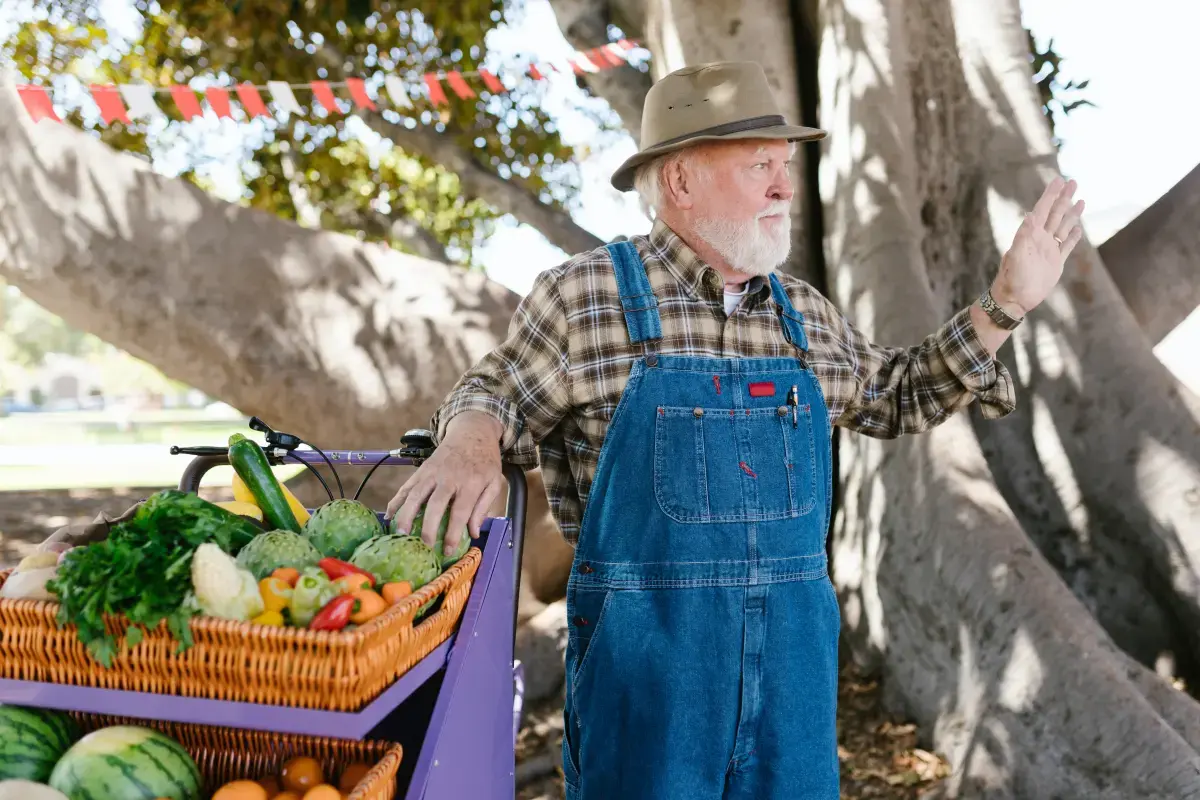
What is the Salary of a Farmer?
A junior farmer typically earns an annual salary that starts around $20,000 and can range up to $30,000 depending on the experience level and size of the farm. Typically a junior farmer will receive additional financial support from other family members in order to maintain their operations. A mid-level farmer typically earns between $40,000 and $60,000 per year based on their position within a company or operation; higher salaries may be earned at larger farms. Mid-level farmers often manage multiple aspects of a farming operation such as crops, animals, equipment maintenance and supervising staff. They are also expected to stay current with industry trends through continuing education opportunities with conferences and classes related to agriculture practices/innovations. At the senior level (or executive director), experienced farmers earn significantly higher salaries ranging anywhere from $80k -$150k annually depending on employment geography & specialty skillset needed for particular operations (for example working with organics). Senior farmers are responsible for long-term planning & strategy execution while overseeing all areas associated with managing large scale agricultural projects & initiatives – production forecasting / yield optimization / quality assurance etc… Additionally they have strong business acumen combined w/ technical expertise making them highly sought after by employers looking for strategic insights into present lifecycles of products being grown or processed on site
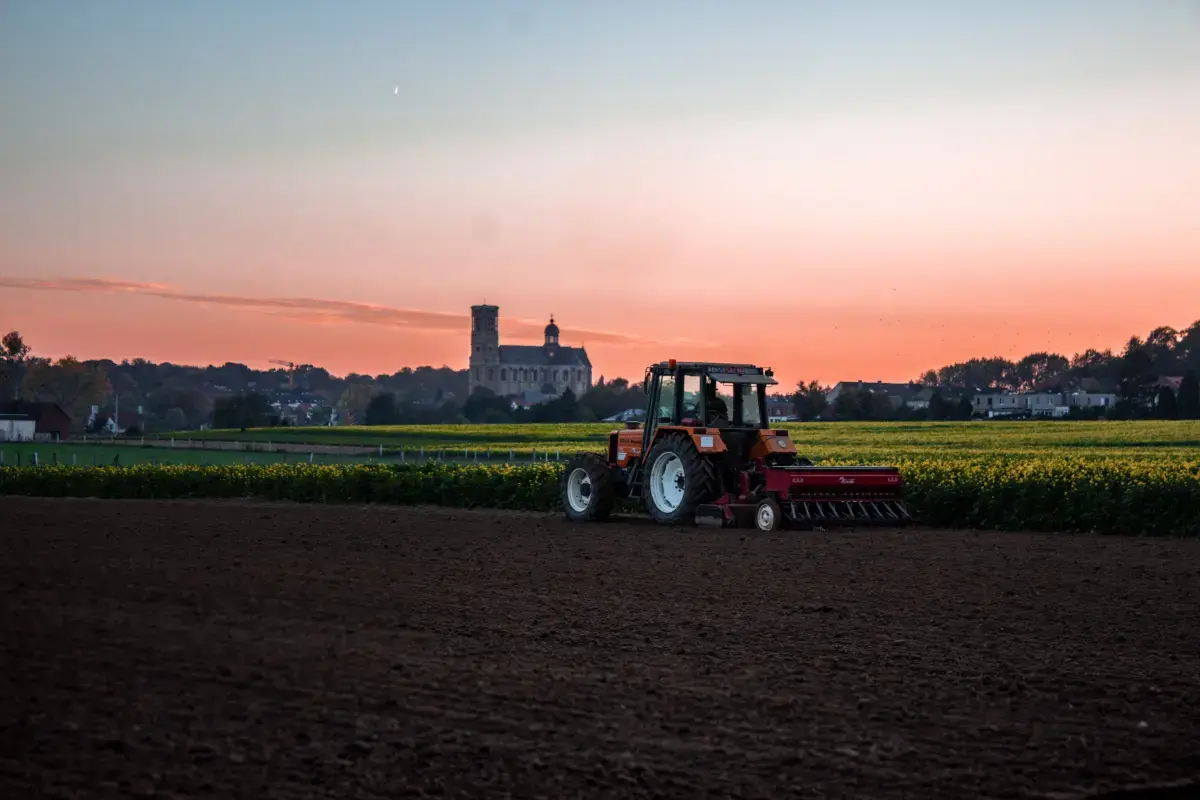
What are the Working Conditions for a Farmer?
Working conditions for a farmer vary depending on the type of farming and region in which they are working. Generally, farmers often experience long hours with early starts, hard physical labor both indoors and outdoors regardless of the weather or season. On average, a farmer works 10-12 hour days during peak times such as planting or harvest season. During these periods most farmers will work seven days per week to complete their tasks. Farmers need to have knowledge about agricultural practices including crop rotation and preventive pest control; as well as familiarity with safety precautions when operating large farm equipment such as tractors since it can be dangerous without proper training. Additionally, they must also stay abreast of changing weather patterns that may affect crops and livestock health so they can plan accordingly in order to maximize their yields while minimizing losses due to unexpected climatic changes or animals escaping fences etcetera.. Despite the potential challenges associated with this profession, many farmers still find joy in what they do because it allows them freedom from an office environment - instead spending time outdoors surrounded by nature every day where no two days are exactly alike!
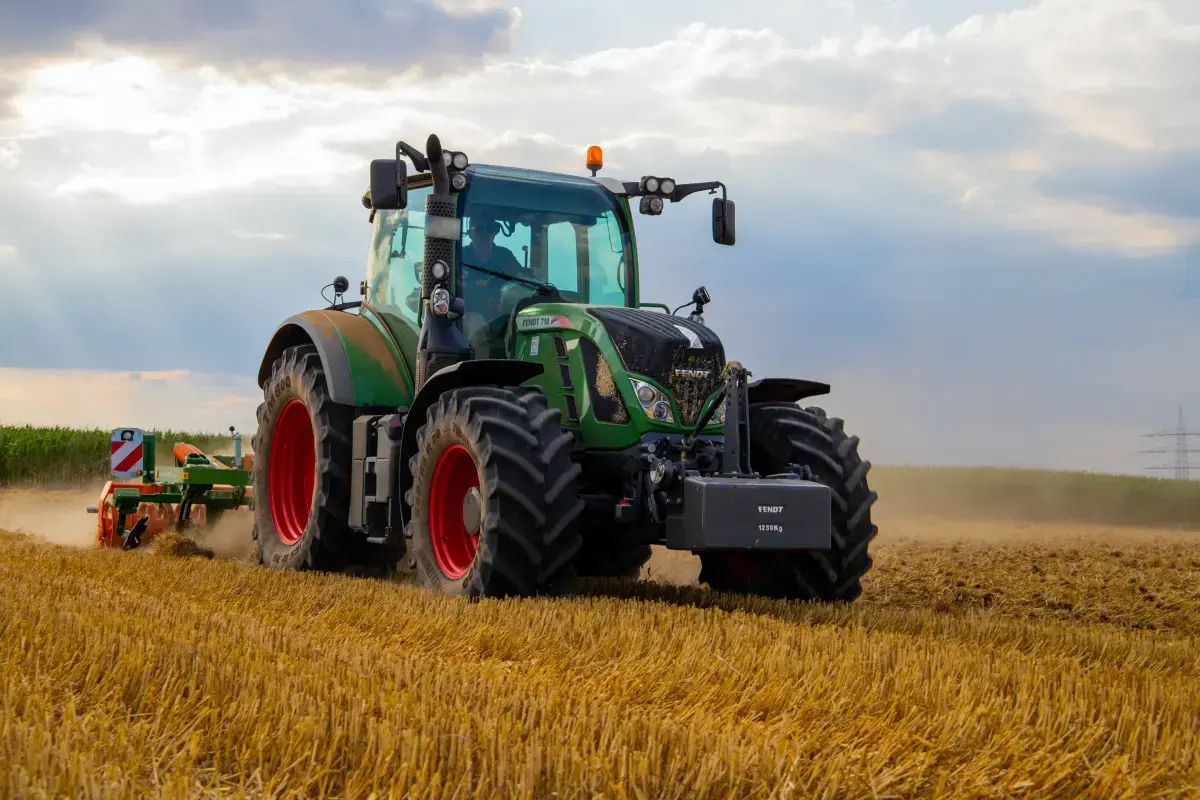
What are the roles and responsibilities of a Farmer?
Feeding animals
Providing animals with water
Cleaning out pens and enclosures
Providing fresh straw and hay
Ensuring the physical wellbeing of all the animals on the farm
Moving animals from one area of the farm to the other
Maintaining the condition of the farm buildings
Operating complex farming machinery
Maintaining the machinery located across the farm environment
Shearing sheep
Planting crops and caring for them whilst they grow
Spraying crops and checking them for disease
Harvesting crops
Milking cows
Providing specialist care for vulnerable animals
Planting crops
Watering crops
Fertilizing crops
Pesticiding crops
Harvesting crops
Selling crops
Buying seeds
Buying fertilizer
Buying pesticides
Renting land
Hiring workers
Supervising workers
Maintaining farm equipment
Repairing farm equipment
Storing crops
Transporting crops
Marketing crops
Accounting
Bookkeeping
Planning
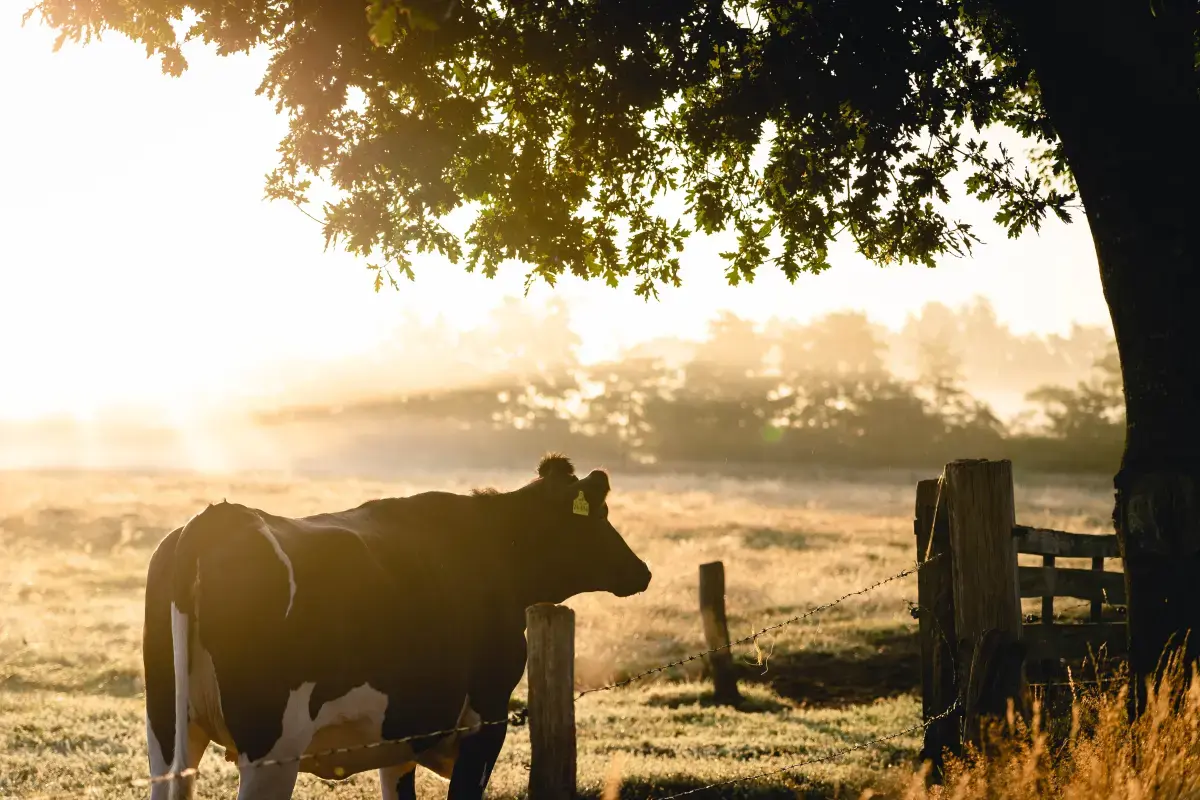
Where can I find Farmer jobs?
- Create a profile on gigexchange and promote your Farmer skills to advertise you are Open to New Work Opportunities
- Ensure your Resume (or CV), or online work profile is up to date and represents your skills and experience. Ensure your reputation reflects your ability & attitude.
- Apply for Farmer Jobs advertised on gigexchange.
- Practise Farmer interview techniques to ensure you represent your personality and ability succinctly and confidently.
- Accept the job offer if the salary meets your expectations and the employer mission and purpose reflects your core values.
Jobs
What are the best job boards for Farming jobs?

How can I hire Farmer staff online for my business?
The best job board for recruiting Farmer experts is gigexchange.com. Advertise full-time, part-time or contract jobs to find, hire & recruit trusted, experienced and talented Farmer candidates near you.
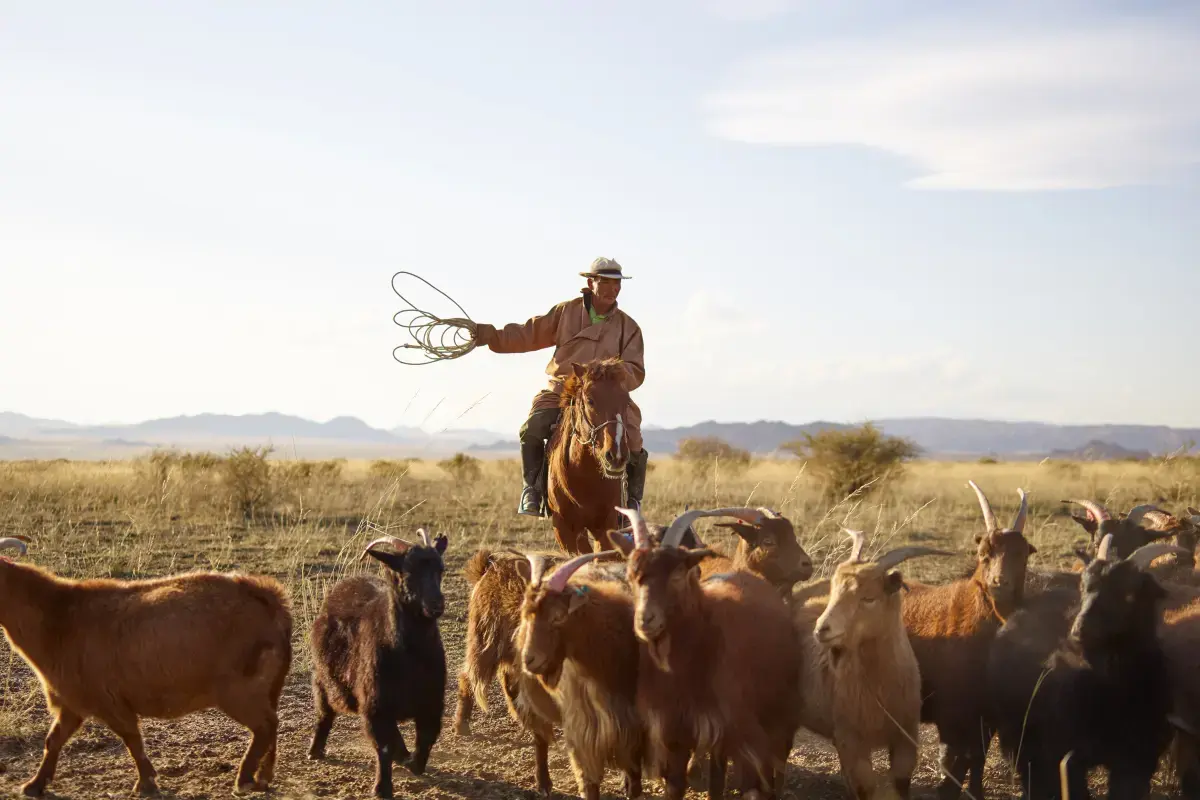
Are Farmer roles in demand in 2026?
Farmer experts are still in high demand in 2026. If you are an experienced Farmer or looking to train and become one. The job market is looking strong for Farmer jobs near me.